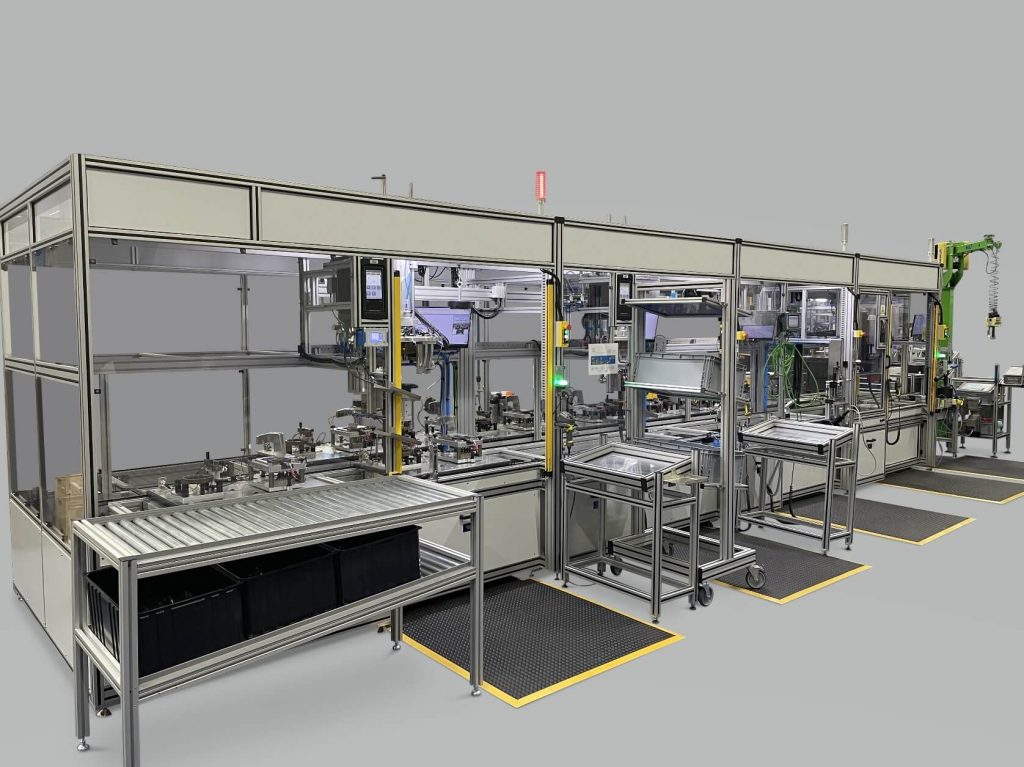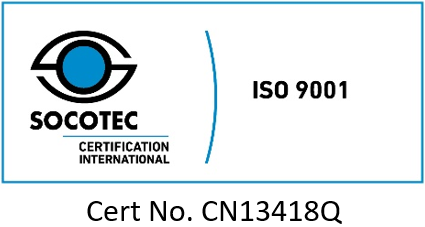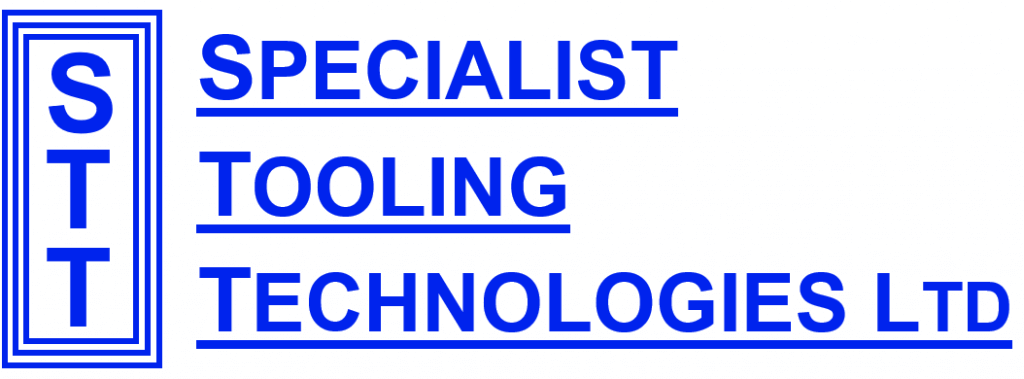Special purpose machines
Custom designed Special Purpose Machines to improve your production.
Assembly lines & stations
We improve production lines by integrating special purpose machines such as assembly units, stations and full lines. Using assembly stations; reduces the risk of human error, improves production times and increases product consistency.
Leak Testing Units & lines
We design and manufacture a range of leak testing units and stations. Leak testers provide a reliable and repeatable way of testing produced components, improving batch consistency and quality.
drilling, cutting & forming Units
Many of our customers require versatile machinery, whether drilling, cutting, forming or any other engineering process required. We can provide a standalone unit or an integrated station to meet any custom specification.
Auto skiver & auto printing units
Automated machinery and units are the peak of any production line. They introduce speed and quality that cannot be found in manual production. We design and produce our own automated machinery, including integrated vision systems.
Your dream. Our mission.
Special Purpose Machines are a vital asset to a production company, they provide versatility in production lines, improving quantity, quality and consistency, alongside to minimize the risk of human error.
Here at STT we design and manufacture a wide range of Special Purpose Machines, developed to meet customer specifications and requirements. Take a look at some of our previously designed and manufactured machines.
Frequently Asked Questions
Laser marking is the process of marking or labeling with a laser beam. There are different types of laser marking, including engraving, removing, staining, annealing and foaming. Depending on the material and desired quality, each individual procedure has its own advantages and downfalls when marking and labeling.
- High-precision marking at constant quality
- High marking speed
- Durable marking
- Metals
Stainless steel, aluminum, gold, silver, titanium, bronze, platinum or copper.
- Plastics
ABS, polycarbonate, polyamide, PMMA or plastics with laser additives.
- Other materials
Foils and films, Laminates, Paints.
- Annealing marking
Annealing marking is a special type of laser etching for metals. The heat produced by the laser beam sparks an oxidation process beneath the material surface, resulting in a colour change on the metal surface.
- Laser staining
During laser staining, the heat generated by the laser beam causes a chemical reaction in the material. This will produce different colour shades depending on the chemical composition of the material being marked. If a light plastic is discoloured during laser etching, for example, soot particles may be produced which create a dark marking on the material.
- Laser engraving
During laser engraving, the surface of the material is melted and evaporated by the laser beam. Consequently, the material is removed by the laser beam, and the impression left on the surface of the material is the engraving.
- Laser removing
During laser removing, the laser beam removes the top coats applied to the substrate, and a contrast is produced as a result of the different colours of top coat and substrate. Materials that are commonly subject to laser removing including anodised aluminium, foils and films, coated metals and laminates.
- Laser foaming
During laser foaming, the laser beam melts the workpiece, producing gas bubbles in the material which reflect the light diffusely. This means the marking will be lighter than the areas which have not been etched. This type of laser marking is generally used for dark plastics.
- Carbonising
Carbonising enables strong contrasts on bright surfaces. During the carbonising process the laser heats up the surface of the material (minimum 100° C) and oxygen, hydrogen or a combination of both gases is emitted. What’s left is a darkened area with higher carbon concentration. Carbonising can be used for polymers or bio-polymers such as wood or leather. Since carbonising always leads to dark marks, the contrast on dark materials will be rather minimal.
special purpose machines
See some of our work
click on an image for further details.






